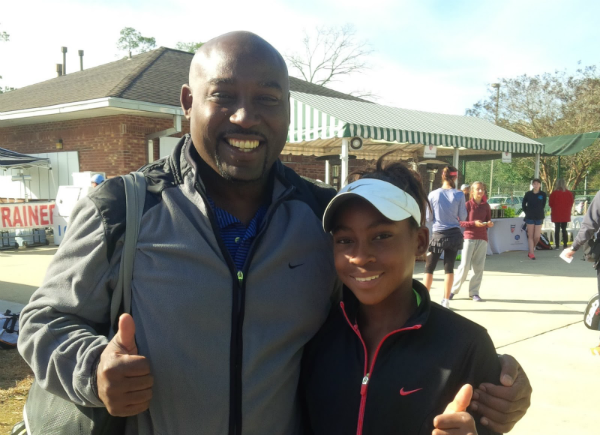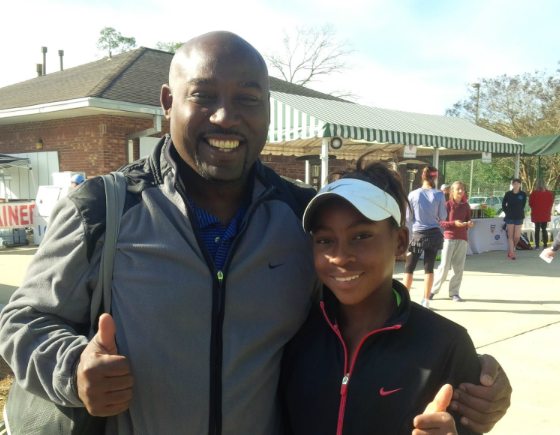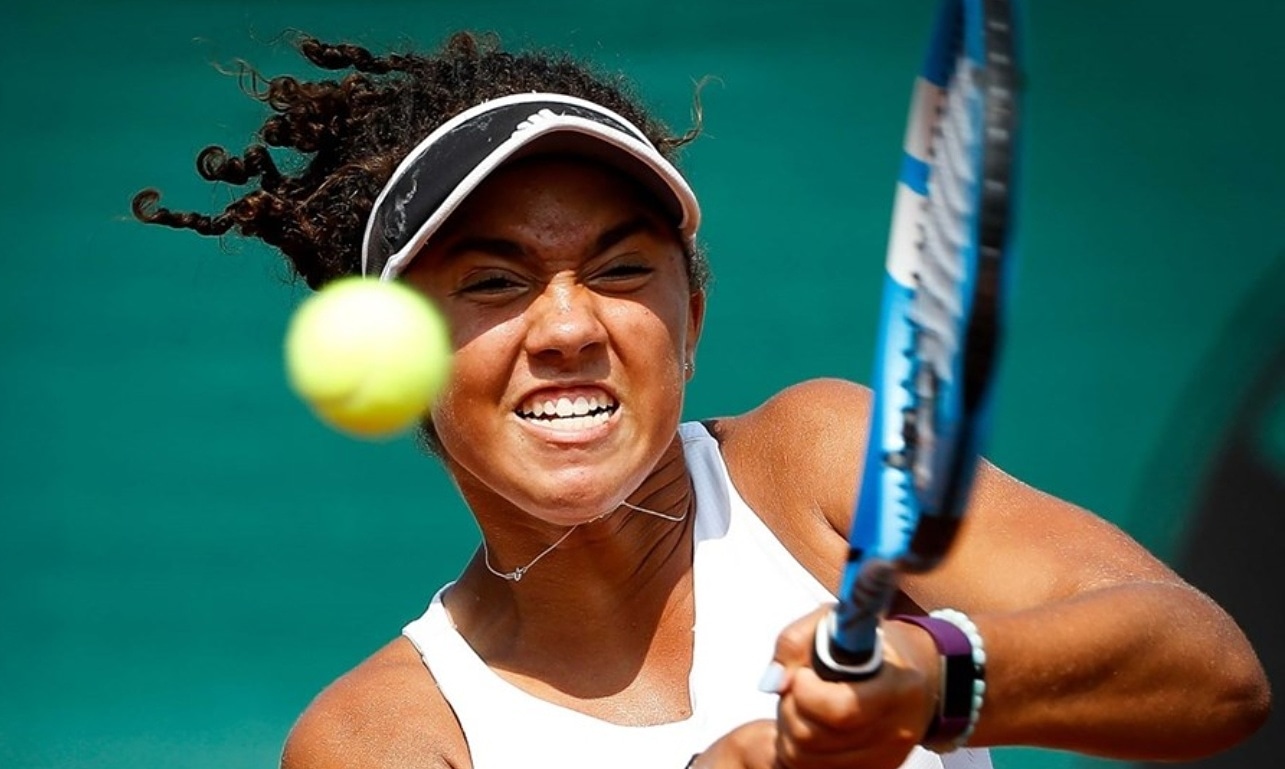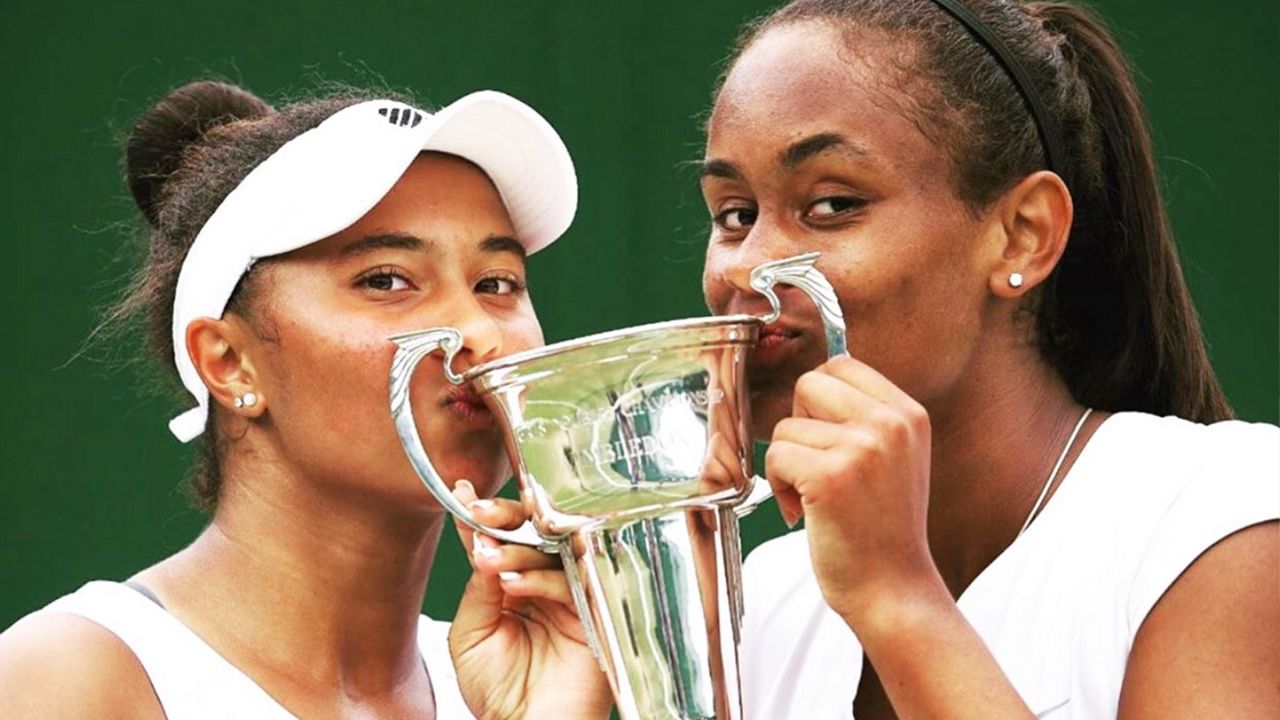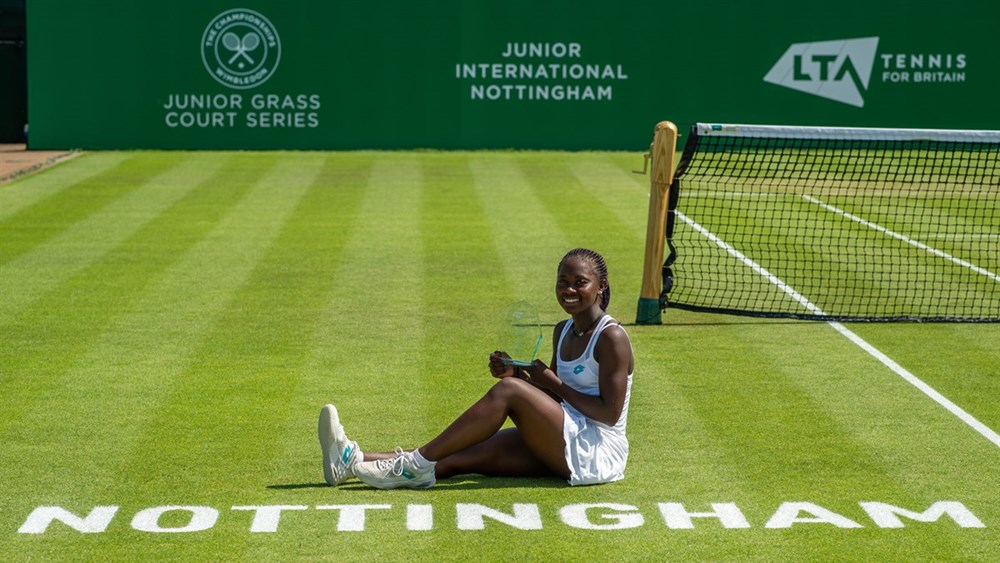By Portia Kane
The Editorial Team caught up with Corey Gauff during some down time between tournaments as part of an BTM editorial series entitled Coache’s Corner covering black coaches on the junior & professional tours. Corey is the coach of Cori “CoCo” Gauff who recently finished 2nd at the 2017 US Open Girl’s Junior Championships. Corey has been doing double duty as both father and head coach; a seemingly daunting task that Corey appears to have mastered over the years.
In a traditional Q & A format, we asked Corey how he manages the bright future of the most regarded junior tennis player on the planet. In addition, Corey provided some must-haves for black youth entering the sport of tennis. A parental guide to success was also outlined by Corey during this youth discussion.
Q: What is your primary role in Cori’s tennis? Do you handle everything? Or, do you only handle the on-court coaching?
A: I am the head coach. She’s worked with several coaches thus far; the coach she’s spent the most time with outside of me is Gerard Loglo. She started working with him when she was 8 years-old.
Q: Would you say that you’re strict, very strict or lenient with freedom?
A: When it comes to sports—to be really good in sports—really anything, it takes a level of discipline, so I’d consider myself a disciplinarian. It’s not a discipline of if you don’t do something right I’m going to spank you; it’s a discipline of getting to the court on time, proper warm-ups, proper focus, etc. You know that kind of discipline makes athletes successful because they’re willing to say no to some things and say yes to some things. It’s the same thing with academics, you know, you have to do your work, and then you have to practice to be able to get good. Me being an athlete and my wife being an instructional athlete, we both understand what it takes to be good.
Q: What is your approach and feelings toward on-court coaching in the Juniors? Should there be coaching on the WTA Tour?
A: If we’re truly about development then I think on-court coaching is absolutely required and necessary. Tennis is the only sport where you pay a coach to coach you but they can’t coach you during the game. (Laughs)
Q: Are you ready for the teen age years of possible attitude or challenges?
A: As a parent I can’t even imagine if my daughter told me she isn’t going to listen to somebody. If I’m paying that coach my money then you better do what they’re telling you to do.
Q: Will Cori go pro in 2018? If not, is there anything in particular that Cori needs to improve on before going pro?
A: She wants to be a pro. We’ve prayed on it and we’ve played on it. The next few years we’re just going to manage the process and the development process for her to mentally grow, and keep her in love with the sport because she loves playing. If we keep her in love with the sport and she grows mentally I think she’ll have unlimited opportunities. At the end of the day we’re in no rush to go pro, I just want her to have access.
Q: With sponsorships supplying equipment and gear, how do you manage the travel expense and other expenses?
A: Financially, it’s one of the most expensive and the most unbelievable financial commitments you’ll ever make as a parent. We’ve made sacrifices, we’ve downsized.
Q: Has there been any “advice” from WTA coaches that has been helpful to yourself or Cori? If yes, what was the advice?
A: The really good coaches have offered their assistance. As long as she is improving, the word of the wise is don’t change anything if it’s not broken.
Q: What are some things that young players can do on a daily basis to improve their tennis game?
A: First and foremost we are very spiritual people, so you have to be spiritually in tune with whatever you believe, that’s going to be the guiding principle behind your development, you know, how much you believe and how much you pray on what you’re trying to accomplish. Cori has never gone on the court one time without praying for herself and her opponent. I think that’s so important because it’s easy to get away from some of these simple principles that make these kids well-rounded. Second is the attitude that you take on the court—respect your opponent, respect your coach, and respect the game. The third thing is you can’t just be a dumb athlete; you’ve got to be intellectually competitive. Be smart, think, and learn the game. Know geometry, learn the angles. Know the history of tennis and what the rules are. The fourth thing is, when it comes to tennis you’ve got to have good technical development; you’ve got to have good technique. Be a well-rounded athlete, learn other sports—that’s one thing we emphasized with Coco early on; she was in gymnastics, soccer, basketball, and she ran track. We wanted her to develop as a total athlete. The fifth thing is having competitive plays–you can’t get better if all you’re doing is playing tournaments. There has to be an off season where you’re working on things to get better. So the way we approached it was, during the tournament, wherever we were at, get better from there. Not just better from a technical and physical standpoint, but where is she mentally? I remember when Coco went to the US Open, she was the youngest to get to the finals. She was also the youngest to ever win a national championship when she was 10 years-old. Within a few more months she beat several more records and got invited to do even more tournaments. I asked her how she felt about all of it and she said, “Well, Dad, I don’t know if I’m for it. It’s all so soon.” So I took her out of the tournament. You know, you’ve got to listen to the kids, too. Sometimes it’s too much.
Q: Lastly, what are some things that parent/coaches should do to get better results in tennis?
A: The parents have to be engaged in the process. The parents are always going to be the coaches in this, whether they’re doing all of it or some of it. They’re the general managers. I do a lot of on-court stuff with my daughter; you’ve got to decide whose the right coach. The best coach for my daughter might not be a good coach for your daughter.
Corey’s insight on his experience thus far as both a father and a coach is sure to be inspiring for new parent-coaches. His emphasis on listening to his daughter’s needs is a key point that all parent-coaches should make their number one priority. His approach as a parent-coach has deemed successful considering all of the recent success of his daughter Cori Gauff. Although Cori Gauff is extremely talented, it’s clear that Corey Gauff has played a major role in her success because of his willingness to help create the best experience for her career as possible. Another key point that Corey mentioned is discipline being a necessity in not only sports, but in the pursuance of any goal. His choice of how he disciplines Cori is not only teaching her good habits to apply to her career, but she will grow up to apply these principles into all aspects of her life, which is essential for anyone pursuing anything. The Editorial Team appreciates Corey taking the time out to share some tips that have helped him as a parent-coach thus far. We are looking forward to what’s to come for superstar athlete Cori Gauff.
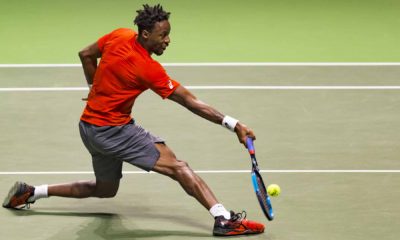
 News6 years ago
News6 years ago
 News6 years ago
News6 years ago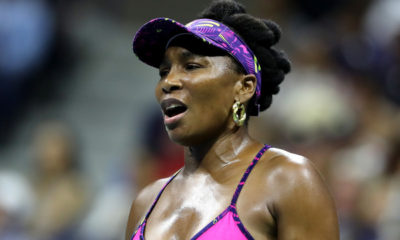
 News6 years ago
News6 years ago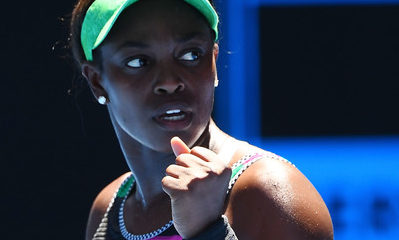
 Pro Tour6 years ago
Pro Tour6 years ago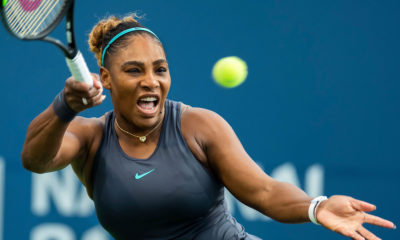
 Pro Tour6 years ago
Pro Tour6 years ago
